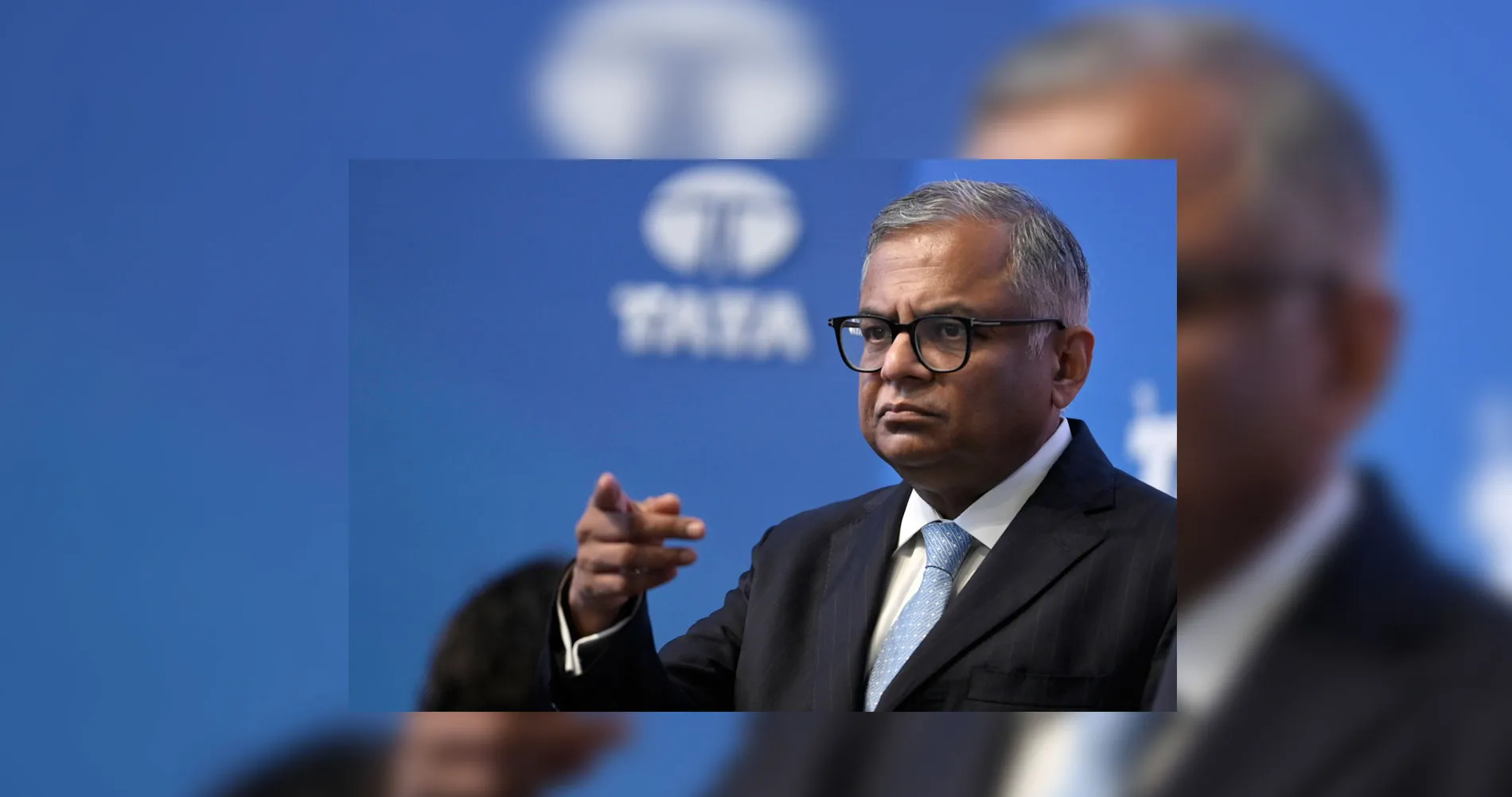Can the state of Missouri realistically hold a superpower like China accountable? Missouri’s $24 billion legal win against China over the handling of COVID-19 sounds historic, but beneath the surface, the reality is marred by legal loopholes and diplomatic entanglements.
Anna-Sanziana Beschia
10 June 2025
In a surprising and politically charged lawsuit, Missouri won a default judgement against China in March 2025 over the latter’s handling of COVID-19 in the early days of the pandemic. Missouri Attorney General, Andrew Bailey, effectively secured a $24 billion judgement against the Chinese government, after federal judge Stephen Limbaugh Jr. ruled in favor of the Show Me state (nickname for the state of Missouri). However, while Bailey seems confident that he will be able to collect on the $24 billion Missouri is demanding in damages from China, the road for such a procedure is paved with legal, political and diplomatic hurdles.
What are the real implications of Missouri’s win – and is it anything more than a moral and symbolic victory? Could this case set a significant precedent in the field of international law?
A brief timeline of events
In April 2020, former Missouri AG, Eric Schmitt, sued China over its handling of COVID-19 in a civil lawsuit. In July 2022, all claims were dismissed, citing the Foreign Sovereign Immunities Act (FSIA), which generally protects foreign nations from being sued in the US courts unless there are grounds for an exception. Indeed, in January 2024, the US Court of Appeals for the Eighth Circuit ruled that the specific claim of China’s hoarding protective personal equipment (PPE), such as masks and ventilators, falls under the “commercial activity” exception of the FSIA.
The lawsuit accuses nine Chinese governmental entities and agencies, including the Chinese Communist Party, the Wuhan Institute of Virology and the Chinese Academy of Sciences, of hoarding PPE and taking over factories that manufactured masks on behalf of US companies for the US market. Missouri argued that the defendants’ actions were anticompetitive and had a direct effect on harming the state’s healthcare providers, who could not treat patients efficiently, as well as on the general population who had to pay much higher prices for masks. On 27 January 2025, a trial was held where Missouri presented its case and China did not appear. Finally, on 7 March 2025, Judge Limbaugh ruled in favor of Missouri, awarding the state over $24 billion in damages.
Can Missouri realistically collect the assets?
The absence in court of China, which entirely dismissed the lawsuit as frivolous and absurd, no doubt played in Missouri’s favor. However, it is not easy to circumvent the FSIA’s many provisions. The FSIA was established in 1976 with the purpose of providing a standardized legal framework for foreign states and US litigants, thus facilitating international trade and diplomatic relations. Prior to the FSIA, decisions about foreign states’ immunity were made by the US Department of State. The FSIA transferred that authority to the judiciary with the aim of depoliticizing the procedure and ensuring that such decisions are made based on legal principles rather than diplomatic pressures.
As with most matters in international relations, FSIA relies on a principle of reciprocity; foreign governments are immune in US. courts (unless an exception applies), and other nations equally refrain from bringing legal action against the US government. In the past, most cases in which the US successfully sued foreign governments under a FSIA exception were linked to terrorism.
Although Judge Limbaugh awarded Missouri a default judgement and ruled that immunity does not apply to the Chinese government under FSIA’s “commercial activity” exception (which essentially works as an antitrust law), it is not clear whether any of the nine defendants (all bodies and agencies of the Chinese government) have property in the US that can be seized to satisfy the judgement.
Prominent US legal scholar William Dodge explains that immunity from execution is much broader than immunity from lawsuit. Moreover, properties in the US belonging to China, its ministries, subdivisions and the Chinese Communist Party are immune from execution unless these very properties were used to hoard PPE, which is hardly the case. However, properties in the US belonging to Chinese agencies such as the Chinese Academy of Sciences could be seized even if the properties themselves were not used to hoard PPE. Yet even if among the nine defendants, some are potentially more exposed than others, China could still resort to other legal technicalities to set aside the judgment, such as claiming that the lawsuit was improperly served.
In short, while Bailey claims that the state will seize Chinese-owned assets located anywhere in the US including farmland if China refuses to pay the award, he is a very long way from achieving his goal. The FSIA provisions prevent Missouri from seizing property simply because it is Chinese-owned.
Are there any other outcomes?
In light of the details above, Judge Limbaugh’s ruling does seem largely symbolic and is just one of many incidents contributing to an already strained political relationship between the two countries. Several Republican senators attempted to amend the FSIA back in 2020 to allow legal proceedings against the Chinese government in the aftermath of COVID-19. However, none of these bills were enacted into law. With the current judiciary upheavals under Donald Trump’s second presidency, it is worth asking whether this will change. But up to now the Trump administration has shown no intention of amending the FSIA to facilitate the seizing of Chinese government-owned assets in the US.
The possibility of a state suing the Chinese government before the International Court of Justice (ICJ) is another option. Legal scholars from the International Bar Association explain that a state would have to demonstrate a violation by China of an international agreement that would give the ICJ the authority to intervene. The violation of a provision in an international treaty would be a good example. On 23 May 2005, China adhered to the WHO International Health Regulations. A state may therefore use the provisions of the WHO International Health Regulations to allege a violation by China in its belated and nontransparent reaction to the virus in the early days of the pandemic. Even then, the implementation of such a decision would prove challenging.
Regarding the US the FSIA was established precisely to prevent such diplomatic conundrums and, most importantly, to prevent the US government from facing retaliation abroad. Perhaps Missouri should consider whether in today’s thorny geopolitical landscape, pushing forward with the case against China is a sound strategic move.






















